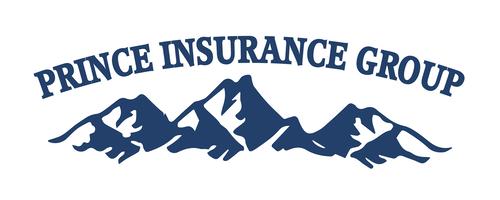Life in Colorado is full of adventure, from hitting the slopes to exploring vibrant cities. But unexpected events can derail even the best-laid plans. One such event – a disability that prevents you from working – can have a devastating impact on your finances. Disability insurance offers a crucial safety net, helping you maintain financial stability if illness or injury strikes. Let’s explore why this type of insurance is a smart investment for Coloradans seeking to protect their future.
Calculating the True Cost of Disability: Beyond Lost Wages with Disability Insurance
While disability might seem like a remote possibility, statistics tell a different story. According to the Social Security Administration, nearly one in four workers in the United States will experience a disability lasting at least one year before reaching retirement age. Without disability insurance, the financial consequences can be severe:

- Loss of Income: Most people rely on their income to cover essential expenses like housing, food, and healthcare. A disability can abruptly disrupt your income stream, leaving you struggling to meet basic needs.
- Erosion of Savings: Without income, you may be forced to dip into savings to cover bills. This can quickly deplete your financial safety net and impact your long-term financial goals.
- Debt Accumulation: Medical bills and other expenses can pile up quickly, leading to significant debt accumulation. This adds to the stress of a disability and can take years to recover from.
- Impact on Family: A disability can affect your entire family. Reduced income can limit your ability to provide for your loved ones, impacting their quality of life as well.
Assessing the Financial Impact on Individuals and Families
Disability can have a far-reaching financial impact that extends beyond lost wages. Here’s a deeper look at the hidden costs:
- Medical Expenses: Treatments, medications, and ongoing care can be expensive, even with health insurance. Disability insurance can help bridge the gap and ensure you can access the care you need.
- Modified Lifestyle: Depending on the nature of your disability, you may need to modify your home or vehicle to accommodate your needs. These modifications can add significant costs.
- Loss of Earning Potential: A disability can limit your future earning potential, particularly if you’re forced to change careers or reduce your work hours. Disability insurance can help replace a portion of your lost income.
Investing in Peace of Mind: Why Disability Insurance is Essential
Disability insurance is an investment in your future financial security. Consider these benefits:
- Peace of Mind: Knowing you have a financial safety net in place can provide invaluable peace of mind. You can focus on recovery without the additional stress of financial worries.
- Maintaining Your Lifestyle: Disability insurance can help you maintain your current lifestyle by replacing a portion of your income. This allows you to continue supporting yourself and your family during a challenging time.
- Future Planning Security: With disability insurance, you can have greater confidence in your long-term financial plans, knowing you’ll have resources available if unforeseen circumstances arise.
If you live in Colorado and haven’t considered disability insurance, now is the time to explore your options. Prince Insurance can connect you with qualified insurance professionals who can assess your specific needs and recommend a disability insurance plan that fits your budget and lifestyle. Investing in disability insurance is an investment in your peace of mind and your ability to weather life’s storms. By taking action today, you can ensure your financial future remains bright, even in the face of unexpected challenges.



















